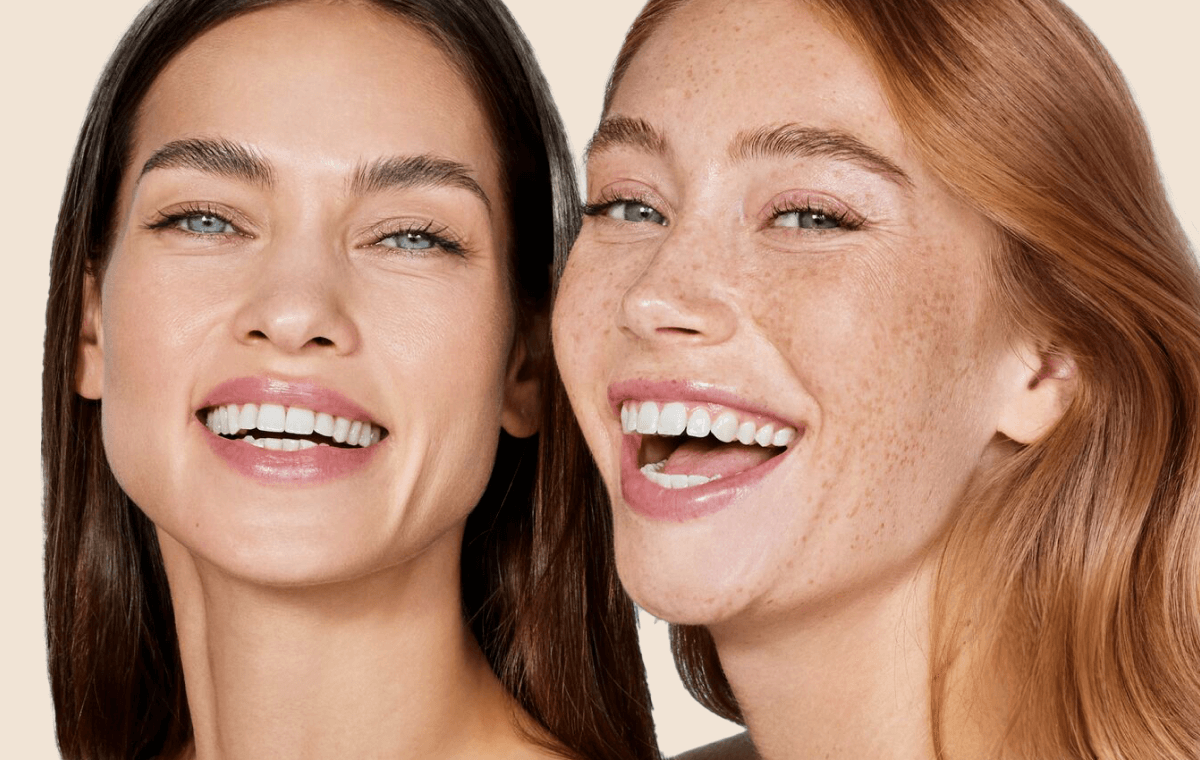Travel, explore, immerse yourself in new projects, meet new people. Try, fail, and try again.
Your 20s are the years of self-discovery. In these exciting (and often frustrating) times, you’ve got an open invitation to build a relationship with and dedicate time to yourself. And what better place to start than with your everyday adventure companion? Your skin.
What happens to your skin in your 20s?
During this decade, your skin is pretty much living its best life. Puberty is already a distant memory (thankfully), and as you start to discover new self-care preferences and routines, youth is your ally. That’s because right now, your skin doesn’t have to work too hard to keep up its elasticity and firmness, naturally producing plenty of collagen and elastin (fibers responsible for that smooth, taut look).
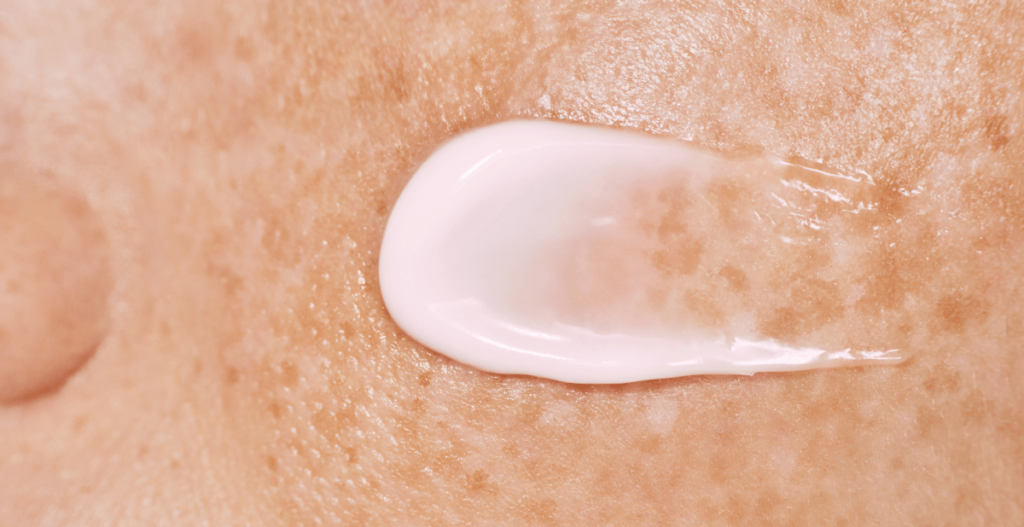
But, that doesn’t mean it’s without its challenges. Here are a few factors to keep in mind at this age:
- Hydration: Even though youthful skin typically leans less towards the dry side, nobody’s immune from environmental effects, such as winter’s chill or changing humidity levels. Meaning? Maintaining a targeted skincare routine can help keep skin moisturized, and its barrier function healthy.
- Sun damage: While tanning is tempting, the long-term effects aren’t. Excessive sun exposure without proper protection can cause accumulated skin damage, such as sun spots, early signs of skin aging, and even skin cancer. Using sunscreen is both important to prevent issues down the road and to keep your skin safe and happy now.
- Hormonal changes: It’s not just the teen or later years — hormonal shifts can pop up at anytime. Changes in skin texture and occasional breakouts are to be expected in your 20s, especially for women. But that’s ok — blemishes don’t take away from your beauty.
- Stress: Here’s one more excuse to sit back, relax, and enjoy the ride. At this and any other age, stress and other lifestyle factors can negatively affect the skin, causing blemishes and inflammation, or worsening existing conditions. So while yes, being this young is art — it’s normal for things to get a little hectic. For your skin and overall well-being, do your best to take it in stride.
Keep in mind, each person is as unique as their own skin — meaning a routine isn’t one size fits all. Take the time to get to know yourself, adapting your favorite self-care picks as needed. Ready to continue your journey?
Use our product finder to find the ideal serum, moisturizer, and sunscreen for your skin in under a minute.

How to take care of your skin in your 20s
Maybe you’ve been letting your skin fly solo, or you’re a regular on skintok with a 10-step nightly routine. Whatever your starting point, here are four crucial questions to ask yourself (and answer honestly), along with helpful advice from the experts.
The ideal 20-something skincare routine focuses on prevention: cleansing, hydration, sun protection, and a healthy lifestyle. The star of this regimen? Hyaluronic acid: a hydrating molecule vital for maintaining your skin’s moisture.
☑ Are you (gently) cleansing your face morning and night?
With a non-stop schedule, you’ve probably skipped washing your face once or twice. But here’s the tea: cleansing is the fundamental step to keep your skin healthy in your 20s and beyond.
In the morning, it helps to remove a buildup of oils your skin produces overnight. In the evening, it helps you remove the impurities that accumulate throughout the day on your skin (ever thought of how many times you touch your face?). Plus, cleansing leaves a fresh canvas for the rest of your routine to get to work.
Tip: Cleanse your face twice a day with a gentle cleanser. During this decade of constant changes, it’s crucial to look for a solution that goes easy on all skin types. Our suggestion? Micellar water is quick, easy and packable — perfect for early mornings and late nights.

Whether your skin is oily, sensitive, or dry, proper hydration is a fundamental pillar of healthy skin — and serum, the perfect source.
In younger skin, the water content in the outermost layer of the skin, known as the corneal layer, can be 10-20% higher than the total water content in the rest of the body. And if its water content dips below 10%, your skin can become fragile, rough, and dull.
How to be proactive? Get to know your skin type and provide it with the proper care. Serums are the ideal allies, as their textures are designed to easily sink into the skin and deliver moisturizing ingredients.
Tip: After cleansing, apply a hyaluronic acid serum to deeply hydrate your skin and boost radiance.
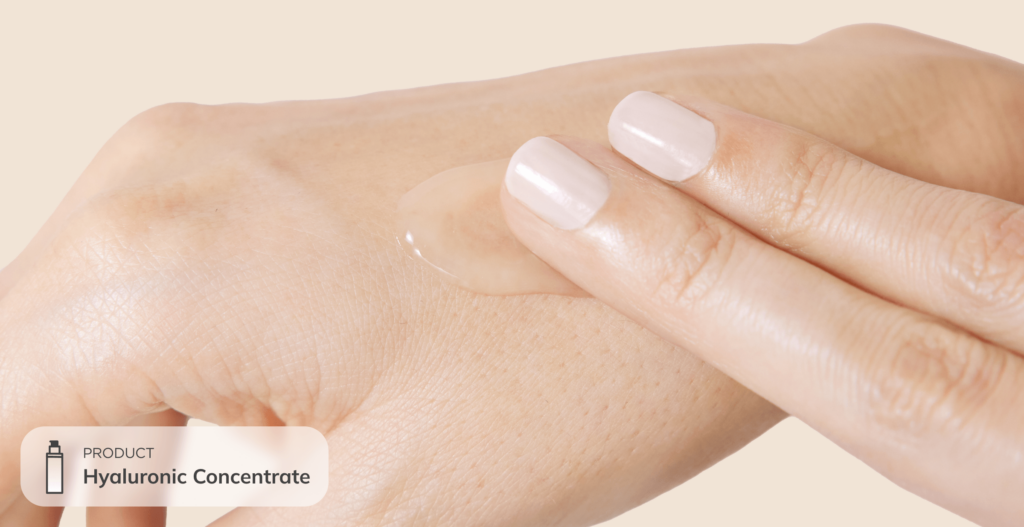
☑ Have you met your favorite moisturizer yet?
Every skin type (yep, even oily) needs a moisturizer. That’s because every day, environmental stressors zap moisture from your skin. When your skin lacks moisture, it can start to overproduce its own oils to compensate, or become irritated and sensitive. Not to worry — from mattifying to calming, there’s a moisturizer for every skin type. And now’s the time to do some research to find out just what your type is.
Next up? Consider texture and ingredients. A lightweight formula might feel the most comfortable, giving your youthful skin some breathing room. And powerful antioxidants, like vitamin E can help protect against harmful pollution damage. Last but not least — look for the power of hyaluronic acid to intensely hydrate and smooth the early signs of skin aging.
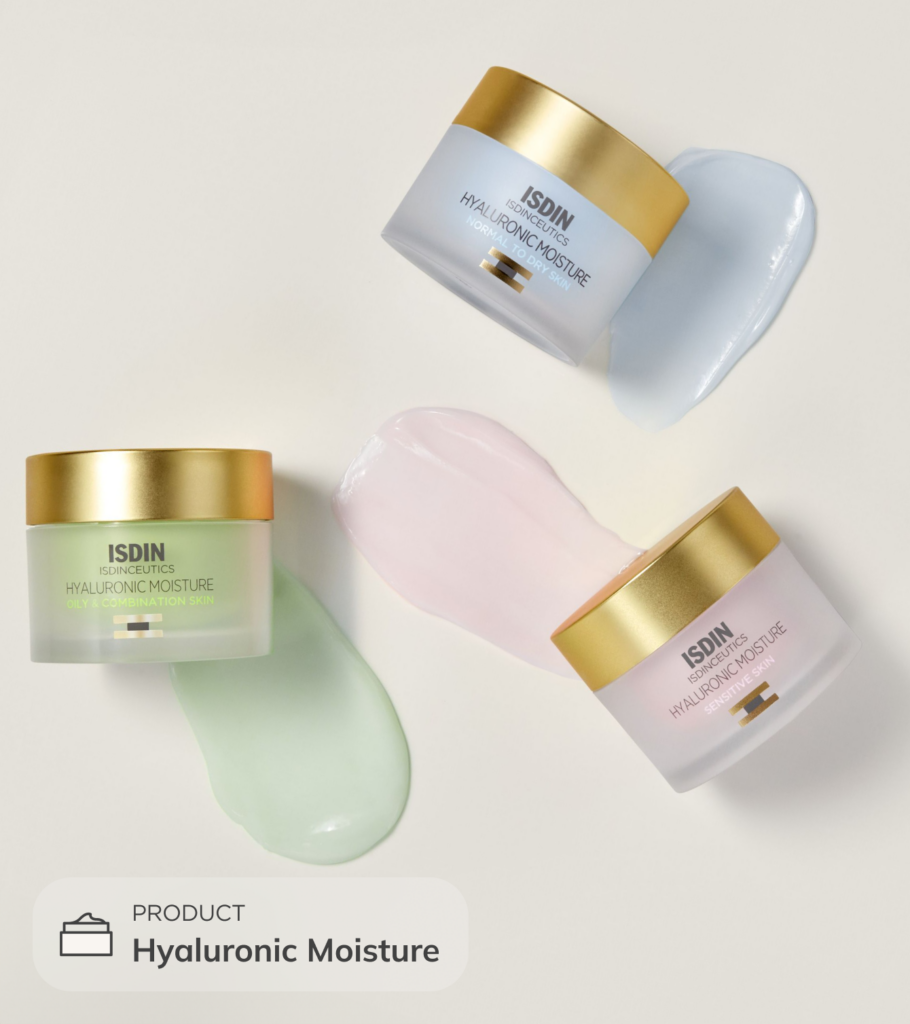
Tip: Use your moisturizer to enhance the action of your serum. Lock in hydration by applying a moisturizer after your serum in your routine.
☑ Are you protecting your skin from the sun every, single, day?
Ever heard the phrase: prevention is always better than a cure? While you might be used to shielding yourself from the summer sun, UV radiation actually affects your skin every day, no matter the season.
UVB radiation causes sunburn on those sunny days. But UVA radiation is responsible for signs of skin aging and more harmful effects, like cancer. On top of that, UVA radiation is present all year long, indoors and outdoors.
The solution? Using a sunscreen daily is one of the best ways to protect both present-you and future-you.
Tip: Finish your daytime routine with a broad spectrum sunscreen to help block both types of UV rays. Opt for a formula with at least SPF 30, and make sure to reapply at least every two hours throughout the day, every day.
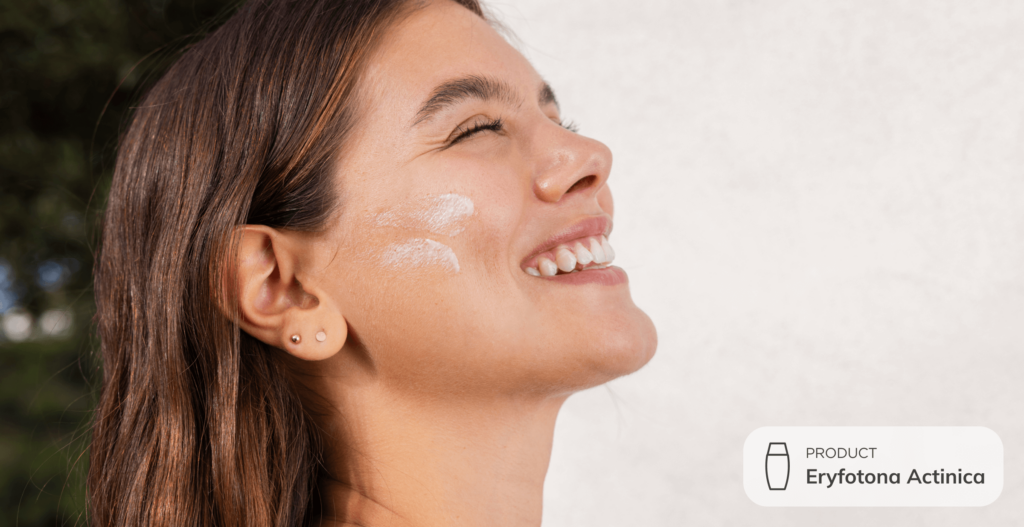
Make it a lifestyle
Not everything is in the products (although they definitely help). Taking care of your skin also means working on building healthy habits. Why? Because looking good is feeling good.
Here are a few ideas:
- Get moving. Exercise supports blood circulation, sending helpful oxygen and nutrients to the skin. Walking, cleaning, dancing — it all counts! Staying active can boost your skin’s natural glow and overall well-being (plus, it’s the perfect excuse to spend more time with friends).
- Fuel up. What you eat has a direct impact on your skin. And with a decade full of long hours, meals out, and budgeting, it may be hard to find balance. One tip? Break up the beige. Try to always add a bright color to your plate (red tomatoes on pasta, orange bell pepper on a baked potato, or green onion to dress up ramen). Fresh, colorful fruits and veggies can add a lot of useful nutrients to your diet.
- Rest up. Don’t forget to take care of yourself; this also means stopping and resting when necessary. Even if it doesn’t always happen, try to aim for 7 hours of sleep per night. You’ll see it reflected in your overall health — and on your skin.
One last reminder: this is your story. It’s never too early, or too late, to learn to love and appreciate yourself just as you are. And loving the skin you’re in is a big part of that journey — so do your best to take care of it every day.

References:
Joseph Fowler et al (2012) Understanding the Role of Natural Moisturizing Factor in Skin Hydration. PRACTICAL DERMATOLOGY.
Farage MA, et al. Sensitive Skin in China. 2012
Editorial Team
Our namesake embodies the spirit of embracing life and all its wonder. As wellness journalists, we explore topics that invigorate the senses and keep curiosity alive. We believe that glowing skin is the result of a healthy body and mind. Weaving beauty with science, we aim to inspire you to live young at every age.

